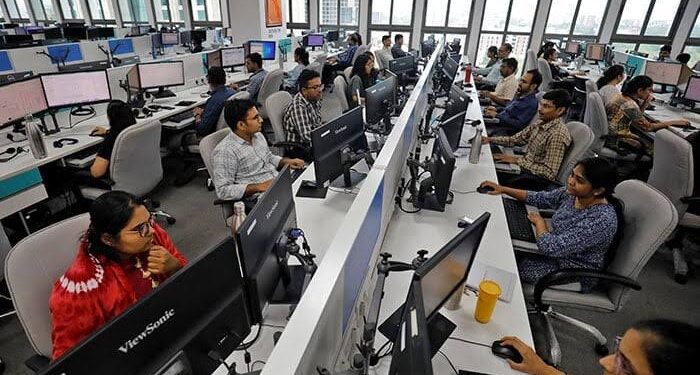The Citizens’ Commission for Equality and Human Rights (CCEHR) released its 2024 annual report, shedding light on the extensive exploitation and human rights violations plaguing Pakistan’s workforce. The report draws on research, surveys, and data gathered through the Right to Information Act. It paints a troubling picture of systemic labor abuse, ranging from wage theft to hazardous working conditions.
Wage Theft and Delayed Benefits
The federal and provincial governments recently raised the minimum wage for unskilled workers to Rs37,000 per month. However, delayed notifications have caused many workers to miss out on this benefit for months. The report highlights the case of security guards, who are entitled to Rs76,560 for extended duties but often remain underpaid. This points to a broader issue of non-compliance with labor laws across sectors.
Marginalized Sanitation Workers Face Grave Violations
Sanitation workers, some of the most marginalized in the workforce, suffer severe violations. The Sindh Solid Waste Management Board, through subcontractors, pays illegal daily wages of Rs600, far below the legally required minimum. Workers in this field lack access to essential benefits, including the Employees’ Old-Age Benefits Institutions (EOBI) or social security. They face hazardous working conditions and receive no medical benefits. Absenteeism is penalized without any regard for health concerns.
Child Labor and Dangerous Work Conditions
The report also draws attention to the alarming prevalence of child labor. Children as young as 14 are involved in risky tasks such as handling biohazardous waste. Despite public outcry and viral social media campaigns, authorities have failed to take substantial corrective measures. This ongoing issue highlights the government’s ineffectiveness in enforcing laws meant to protect vulnerable groups.
Exploitation of Private Security Guards
Private security guards, who often work for both government agencies and private companies, face exploitation. These workers typically earn between Rs18,000 and Rs32,000 for 12-hour shifts, well below the legal wage. Even high-profile organizations such as Pakistan International Airlines and National Savings fail to comply with wage regulations and the EOBI laws. The exploitation of security guards is widespread, and accountability remains scarce.
Coal Miners and Manual Scavengers Endure Life-Threatening Conditions
Coal miners and manual scavengers face some of the most perilous working conditions in Pakistan. In 2024 alone, 102 miners died in preventable accidents. These workers often labor without protective gear, and safety protocols are virtually nonexistent. Similarly, manual scavenging remains rampant despite its dehumanizing nature, leading to numerous fatalities. Both groups urgently need reform to ensure their safety and dignity.
Urgent Call for Reforms
The CCEHR has urged the government to implement significant reforms. The introduction of a national helpline for wage theft and EOBI violations is a priority. The commission also calls for mandatory digital wage payments to ensure transparency and to combat exploitation. It advocates for a ban on manual scavenging, alongside the use of mechanical alternatives to safeguard workers. Moreover, coal mine safety protocols must be overhauled, with strict enforcement of International Labour Organization (ILO) safety codes.
Accountability and Government Inaction
The commission stresses the need for greater accountability from regulatory bodies. These include the EOBI, the Oil and Gas Regulatory Authority, and municipal bodies. The report concludes with a stark reminder: Pakistan’s failure to uphold basic human rights is evident in the widespread exploitation of workers. The government, civil society, and citizens must unite to create a fairer, more just society for all workers.
Collective Action Required
The CCEHR’s report paints a grim picture of Pakistan’s labor sector, where exploitation and human rights abuses are rife. While some progress has been made, significant gaps in enforcement and accountability remain. Urgent reform is needed to address these violations and protect the rights of millions of workers. Only through collective action can Pakistan hope to build a more equitable society for its workforce.
Related Stories:
Balochistan: A Region in Crisis Amidst Human Rights Violations
Human Rights Day 2024: A Tribute to Human Rights Defenders Amid Global Struggles
Pakistan under the scanner of UN committee over rights violations
















